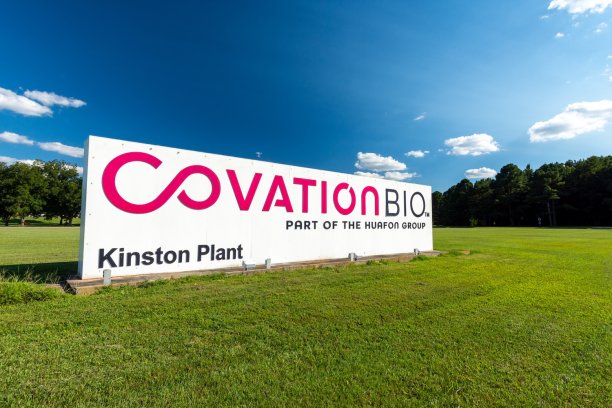
Preferred Mill Network for Sorona
CovationBio celebrates milestone with new leadership and updated LCA results.

3rd September 2025
Knitting Industry
|
Newark, DE, USA
Sorona polymer, the partially bio-based material developed by Covation Biomaterials, is marking its 25th anniversary with two major announcements: the appointment of Steven Ackerman as Chief Executive Officer and the release of new Life Cycle Assessment results. Both coincide with the brand’s showcase at this week’s Intertextile Shanghai Apparel Fabrics (2-4 September 2025).
The updated assessment, conducted by TrueNorth Collective and independently reviewed under ISO standards, highlights the advantages of Sorona compared to fossil-based synthetics. Producing Sorona requires 44% less energy and results in 170% fewer greenhouse gas emissions than nylon 6. Compared with PET, Sorona production generates 41% fewer emissions, and it also shows reductions when compared with PBT. Improvements have been driven by increased use of hydropower, localised sourcing of corn for bio-based ingredients, and cogeneration systems.
Ackerman, who has worked with the Sorona brand for more than 15 years, said: “As we celebrate 25 years of progress, we’re setting the stage for the next era of responsible growth, powered by science, transparency, and global collaboration.”
Since its launch in 2000 as the world’s first PTT polymer, Sorona has been used in apparel, carpets, faux fur, and home textiles. Its key properties include softness, durability, and stretch recovery. The brand has partnered with global names such as Mohawk Industries and Stella McCartney, introduced a fabric certification programme, and developed a Global Preferred Mill Network to strengthen traceability.
Now under new leadership, CovationBio is looking to build further momentum by expanding its role in shaping a bio-based economy. “The Sorona journey proves that sustainable materials can scale, perform, and deliver transparency,” added Ackerman. “The next chapter will be about pushing boundaries even further with renewable chemistry and responsible innovation.”

Business intelligence for the fibre, textiles and apparel industries: technologies, innovations, markets, investments, trade policy, sourcing, strategy...
Find out more